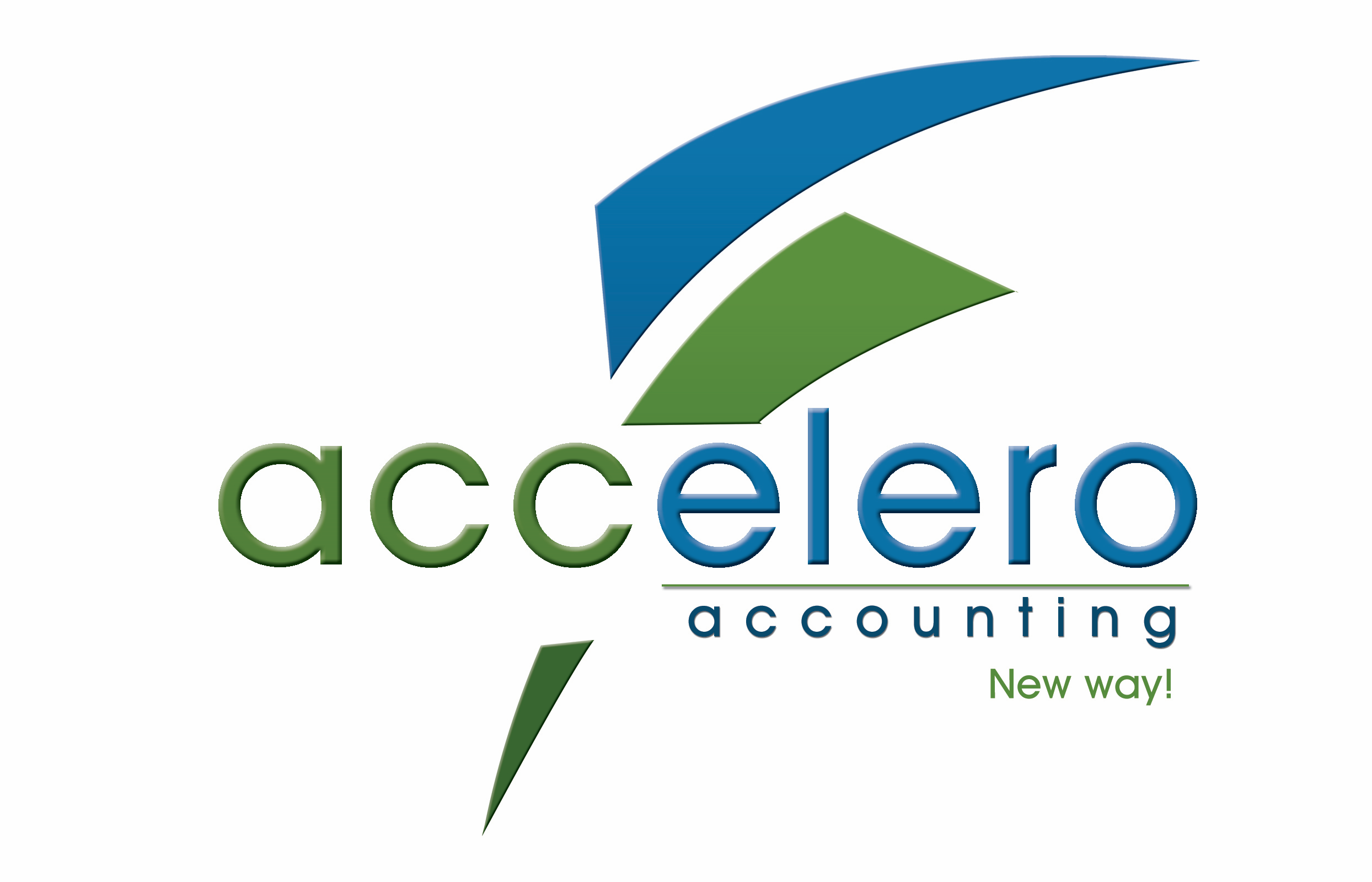Frequently
Asked Questions

What does
Avantage do?
Accelero provides a full suite of finance and accounting services for all levels of companies. Managing efficient accounting processes is one of our core competencies. At Accelero, our accounting experts provide our clients with the timely and accurate financial information and analyses which are critical to strategic decision-making. Whatever your back office needs, Accelero delivers the right information at the right time. Accelero is able to perform most accounting functions.
Some of our services are:
- General Accounting (Data Entry, Book Keeping, Financial Reports, etc.)
- Accounts Payable Processing
- Vendor Management
- Billing & Collections
- Cash Application
- Fixed Asset Accounting
- Financial & Operational Reporting
- Account Reconciliation & Analysis
Setting up your accounting and administrative functions correctly at the beginning will save huge costs later. Visit our “Early Stage” Services section for details. We want you to become a successful entrepreneur, and not an accountant. Leave the paperwork and the hassles to us.
There are many strategic benefits a client can enjoy from outsourcing their accounting and finance functions, including improved performance, profitability, and shareholder value. More specifically, these benefits include:
- Reduction of employment related expenses and issues
- Freeing-up internal resources
- Receiving accurate and timely information
- Achieving cost efficiencies
- Greater internal flexibility
- Gaining access to advanced technology, without the upfront costs
- More time and more energy to focus on your core business and competencies
- Isolation from losses or interruptions resulting from staff resignations or absences
- Turning fixed costs into variable costs
It is not necessary for our clients to outsource their accounting software. We can provide our system to do your accounting. If the client wants to continue with their old system, we can use that instead. We have invested heavily in our technology and that benefit gets passed on to our clients, making costly software acquisitions unnecessary.
Finance and Accounting remains an expensive function, costing the average company 1.5% of revenue. (The low is 0.33% and the high is around 9%.) Our clients can reduce these costs by 40%-50%, beginning in the first month. We encourage an open dialogue to review your existing systems and procedures, to enable us to develop a proposal which will help you to reduce your Accounting and Finance costs.
Besides regular accounting functions, we also prepare our clients for:
- Mock term sheet negotiations between an entrepreneur and a VC representative
- Financial Due Diligence
- Assistance with Audits
- Creating accounting policies & procedures for the various departments
- Maintaining a clean method for your purchasing systems
- Reviewing contracts and guidance on Revenue recognition
- Capital and Equity management
- and more……
Our process is very simple. Our accounting experts visit the prospective client and assess their needs. We take ownership of all Accounting and Finance functions. We lay down our checklists, work flows, assign teams, and make sure all requirements are efficiently and effectively addressed. We provide seamless integration with your existing people and functions, which results in healthy teamwork and superior results.
The Benefits
Of Avantage
“SAAS” stands for “Software As A Service,” and companies who use SAAS as business tool, run their software applications over the Internet. Their service providers purchase and maintain the software, and the clients do not need to invest in the related software or servers.
There are advantages and drawbacks of using SAAS for your accounting processes, and here is some of what you’ll want to consider before you switch to SAAS: The client avoids purchasing the related accounting software, the service provider maintains and updates the software, you will be able to access your accounting information and software from any Internet-linked computer anywhere, you will need adequate security measures to protect your “virtual” processes and data, and your company will need to maintain timely physical backups of all accounting data at all times. With SAAS there is less flexibility of modifying applications as the control is with the provider. Using SAAS provides new options and leads to new vulnerabilities too.
Clearly, SAAS offers great flexibility and creates new costs and risks of its own. You’ll want to do a costs-and-benefits analysis tailored to your own company when you consider switching to SAAS. If you like what you see, you may soon join the ranks of the converts to SAAS Accounting.
FAS123R deals with Stock Options Accounting, and it may already apply to your company.
If your company offers stock options to employees, you will need to comply with FAS123R, which covers Share-Based Payments, and provides the accounting guidance for a wide array of compensation instruments, including equity share options , equity shares, and other equity instruments or liabilities that are based, at least partially, on the price of the shares involved.
FAS 123R requires that companies recognize the cost of employee services received in exchange for any share-based payments, based on the respective fair value of the share-based payments at the grant date.
FASR123R addresses five factors: valuation, expensing, dilution, disclosure, and corporate taxes. You’ll want your internal or external accounting services provider to be expert in FAS123R compliance if you need to account for Share-Based Payments!
The Sarbanes-Oxley Act of 2002 , is often called “Sarbanes-Oxley” or “SOX,” and is a US federal law enacted in response to a number of notable corporate and accounting scandals.
The law created new or enhanced standards for all U.S. public company boards and managements, and public accounting firms. It covers corporate and audit practices and does not apply to privately-held companies. Mostly all publicly traded company needs to comply with SOX.
The act deals with issues such as auditor independence, corporate governance, assessment of internal controls, and expanded financial disclosures.
The Cost Of Capital is the financial return required to make a capital building project worthwhile to the company. You want to expect the rewards from adding new capital to adequately exceed your associated costs, as the costs of debt and the costs of equity, before you commit to investing corporate time and funds in creating new capital. The Cost Of Capital is your firm’s expected financial return from investing a similar amount in a different investment vehicle with a similar risk profile to the proposed capital project.
Market Value Accounting is an alternative to Historical-Cost Accounting. In Historical-Cost Accounting, assets are carried on a company’s books at their actual amortized costs. Market Value Accounting permits specific assets to be shown at current market values; given the dynamic nature of the market, this can result in valuing some assets significantly under their true economic values. Recently, banks and savings and loans have favored the use of Market Value Accounting, due to dramatic changes in the perceived value of many securities currently on their books. Some argue that Market Value Accounting can help protect potential investors against insolvency, as it more closely reflects current economic trends. Others feel that this valuation method is confusing and potentially misleading.
Off-Balance-Sheet Financing is funding obtained by using sources other than debt or equity offerings. These alternate funding sources include joint ventures, operating leases and R&D partnerships. Operating leases, where the assets themselves remain on the lessor’s books, are widely used to provide Off-Balance-Sheet Financing. Companies can keep their debt-to-equity and leverage ratios low by using these non-balance-sheet financing strategies. It is important that a company follow GAAP closely in order to properly record off-balance-sheet items.
Transfer Pricing refers to the price that is assumed to have been charged by one part of a company for products and services it provided to another part of the same company, as if each division were independently owned. One major objective of Transfer Pricing is to enable the divisions to effectively act as independent businesses, in order to calculate profit and loss separately for each business segment. It can be used to provide a means for evaluating financial performance of the individual business units, and also for determining the contribution to net income by each profit center within the larger organization.
Transfer Pricing is especially important for multinational firms, and it is used to calculate the applicable international tax liability in each separate national jurisdiction.
GAAP allows multiple methods for recognizing revenue. The timing of Revenue Recognition determines your reported income for the period. Different methods of Revenue Recognition will shift your income from one time to another, and this may be important to your corporate health. GAAP allows for these methods: Sales Basis, Percentage Of Completion, Completed Contract, Cost Recoverability, and Installment. Your company’s industry group, such as construction, will often determine which Revenue Recognition method is appropriate.
FASB Statement of Financial Accounting Concepts No. 5 states that revenue is to be recognized when a transaction occurs and the related revenue is realized or realizable, and the revenue is earned. Revenue from any transaction must meet both criteria before it is recognized by a company. The emergence of new industries and business environments continues to fuel discussions over the need for new methods of, and formal pronouncements on, Revenue Recognition, both under US GAAP and internationally.



